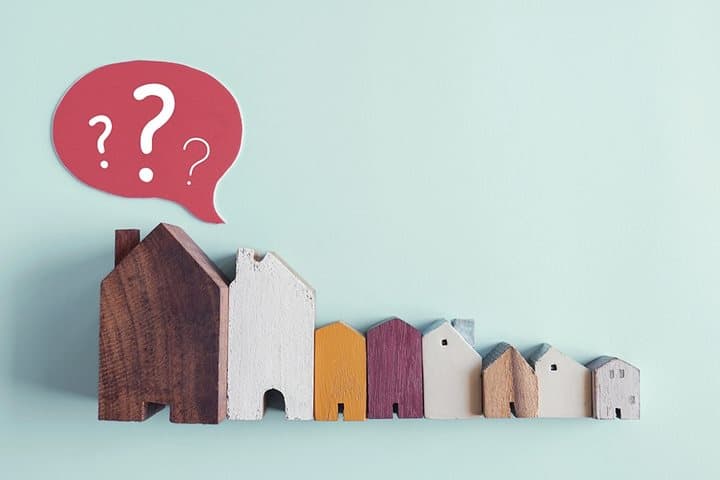House or Flat: Finding the Perfect Rental for You
If you’re moving to a new rented home, you might be wondering whether a flat or a house is a better option.

If you’re moving to a new rented home, you might be wondering whether a flat or a house is a better option.

Compare moving quotes in 4 simple steps